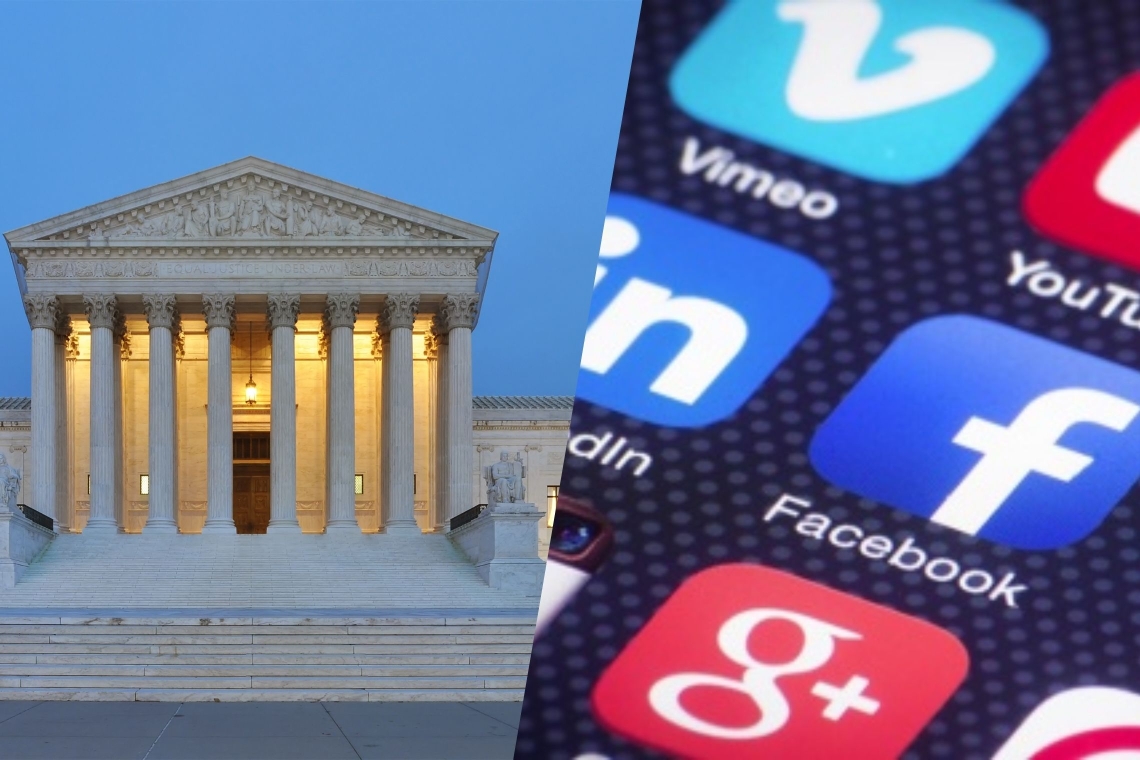U.S. Supreme Court message in content moderation case: Platforms are free to moderate
Batıkan Erkoç
The ruling on Florida and Texas laws curbing social media platforms’ powers on content moderation was delivered by the U.S. Supreme Court in the case of Moody v. NetChoice on July 1st.
The Court, weighing in on the social media platforms’ editorial discretion, ruled that content curation and moderation are forms of speech and protected by the freedom of expression.
The Court refused arguments for the protection of diversity on the platforms, protecting platforms’ editorial discretion.
The decision sets a precedent in acknowledging content moderation as a form of speech and affording editorial discretion to social media platforms against arguments on sustaining plurality on these platforms.
Writing for a 9-to-0 majority, Justice Elena Kagan said, “The government may not, in supposed pursuit of better expressive balance, alter a private speaker’s own editorial choices about the mix of speech it wants to convey.”
Republican-led states Florida and Texas passed laws curbing social media platforms’ ability to regulate content, alleging that social media platforms were “silencing conservative viewpoints and ideas.”
The Texas law prohibited platforms from removing content based on the viewpoint of the users, additionally mandating that the platforms issue justifications for each removal of content, while the Florida law prohibited social media companies from barring political candidates from their platforms.
Both laws were challenged in federal district courts by Net Choice, a trade organization whose members include Facebook and Twitter. NetChoice asked for the immediate halting of both laws, claiming they would significantly infringe on freedom of expression. District courts, ruling in favor of the platforms, halted the enforcement of both Florida and Texas laws before their implementation.
Both rulings of the district courts were appealed by the states. While the lower court’s ruling on the Florida law was sustained, the decision halting Texas’s law was overruled. The appeals court ruled Texas’s law as constitutional, refusing to acknowledge content moderation as a form of speech, saying the law does not implicate First Amendment protection.
The Supreme Court sent both cases to lower courts for further examination, emphasizing that in order to overrule a law before its application, an expansive analysis of its scope and possible outcomes should be conducted.



